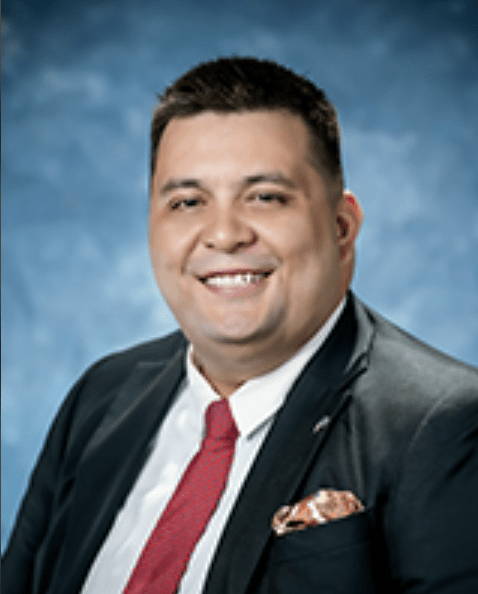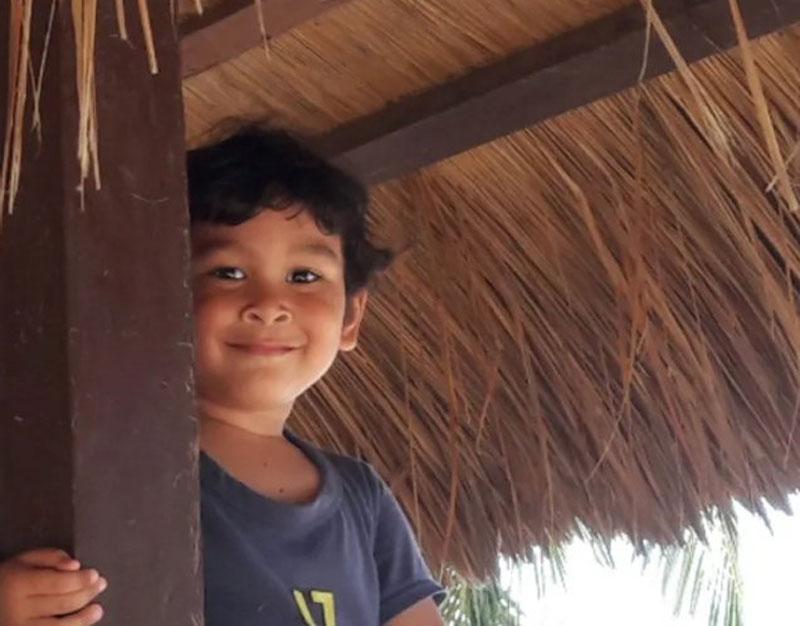Legislation by William Parkinson will open wide the doors for poor and middle class Guamanians to pursue claims of medical malpractice against doctors and other medical providers who butcher them, or kill their loved ones.

Bill No. 82-38, introduced by Mr. Parkinson today in the Guam Legislature, will replace the three-decade old legal requirement that anyone injured by medical malpractice must undergo and pay for specific arbitration in order to hold the doctor to account for the neglect or abuse. That arbitration can cost anywhere from $20,000 to more than $100,000, making the cost of holding a bad doctor accountable for his actions out of reach for the vast majority of Guamanians.
In the place of arbitration, Mr. Parkinson proposes opening the court system to aggrieved claimants. According to the bill, which is liberally constructed in the favor of patients with claims, the legislature would institute a pre-screening system through the Superior Court of Guam, where any claimant aggrieved by alleged medical malpractice can file a claim, even without an attorney.
The 27-page bill lays out a process from notification by the claimant to the medical provider all the way through trial, with a judge determining whether claims are supported by evidence of whether a doctor failed to deliver standard of care, or if the claim is frivolous. According to this process – specific to medical malpractice claims – monetary damages can be awarded immediately after the pre-screening decision by the pre-screening judge.
The bill does not appropriate additional funds to the Unified Judiciary, which testified with concern about the additional burden of a pre-screening process on the trial courts during the public hearings on Therese Terlaje’s almost-identical legislation in the previous legislature.
Chances of MMMAA Reform Improve With New Republican Legislature
Most senators under the Republican-led Guam Legislature said they are open to reforming the antiquated Medical Malpractice Mandatory Arbitration Act.
A bipartisan commitment by Sabrina Salas Matanane – health oversight chairwoman – along with Democrats Tina Muna Barnes and Mr. Parkinson, in January expressed their intention to introduce legislation this term. Mr. Parkinson turned that promise into action with his introduction of Bill No. 82-38 today.
And the governor, according to her spokeswoman, while not commenting on any specific proposal, said that in general, she is “always open to meaningful and positive reform update or improvement of any of Guam’s laws or public policies.”
Background
The MMMAA requires any victim of medical malpractice to enter and pay for arbitration in order for their claims of malpractice to be heard. Arbitration, as the law prescribes, would start at tens of thousands of dollars and can cost more than $100,000, making it nearly impossible for victims who are poor through even upper middle class to ever have their claims of malpractice heard. Supporters of reform have argued that this law has allowed bad doctors to continue to make negligent mistakes with impunity, costing the limbs and lives of Guamanians. Opponents of significant reform argue that allowing doctors to be sued directly might hold bad doctors accountable, but will drive away good doctors from continuing their practice, and scare away any off-island doctors and specialty nurses who might consider practicing here.
Federal Judge Frances Tydingco-Gatewood, in a hearing involving the MMMAA two years ago, said the current law effectively deprives many people of the ability to access the courts for claims of malpractice based solely on their inability to afford mandatory arbitration.
Legislators since the October 31, 2018 wrongful death of 5-year-old Asher Dean Lubofsky at Guam Memorial Hospital have wrangled to find the right balance between granting access to victims of malpractice to the justice system, and not scaring good doctors out of Guam. Public momentum grew in the last legislature for Bill No. 112-37 by Therese Terlaje that would have opened victim access to the court system while screening claims for frivolous suits.

“The bill we moved onto the floor was changed significantly to incorporate community input from multiple public hearings that we held,” Ms. Terlaje said.
While there appeared to be strong grassroots support for the bill, Dr. Thomas Shieh led a campaign against the measure that threatened the reelection of senators and claimed that if the bill passed, several doctors would suspend their practices in Guam. Mr. Shieh’s campaign prevailed, and MMMAA reform died in the last legislature.









